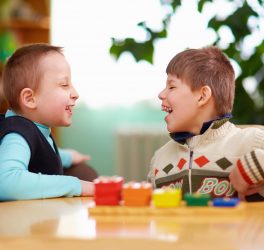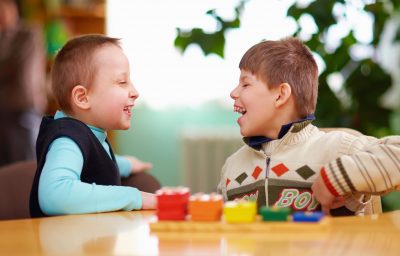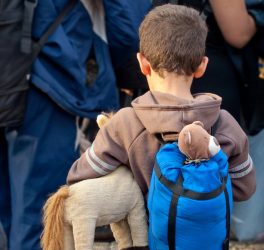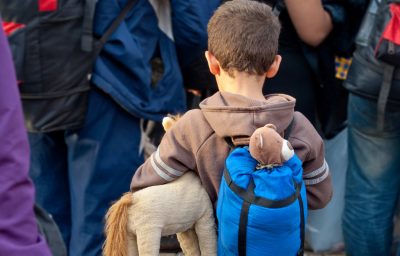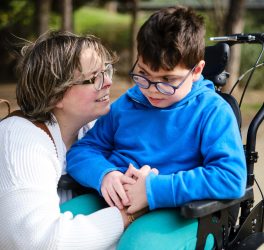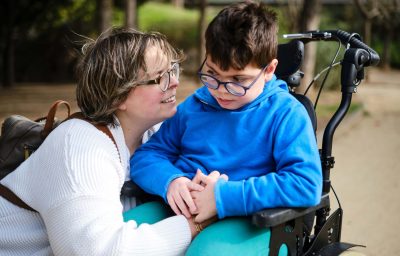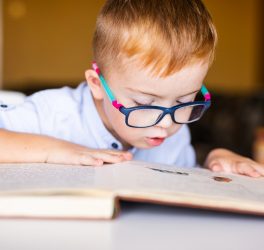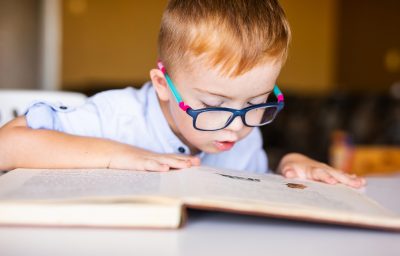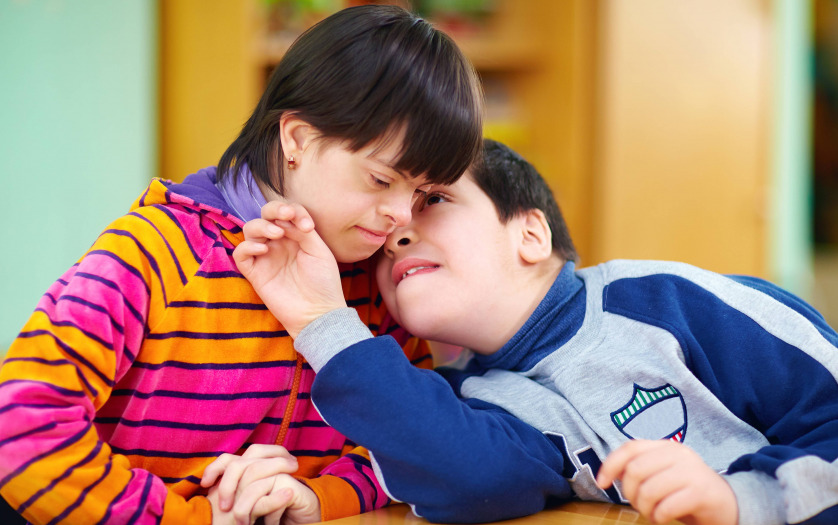
The research examines the relationships of typically developing children with siblings with and without intellectual disabilities through artwork and questionnaires. The study was recently published in Research in Developmental Disabilities.
“Having a child with a disability in a family places unique demands on all family members, including typically developing siblings,” Prof. Zaidman-Zait explains. “Although challenges exist, they are often accompanied by both short- and long-term positive contributions.
“Through our research, we found that relationships among children with siblings with intellectual disabilities were even more supportive than those among typically developed siblings. Specifically, we found that children with siblings with intellectual disabilities scored higher on empathy, teaching and closeness and scored lower on conflict and rivalry than those with typically developing siblings.”
Until now, research on how having a sibling with a developmental disability affects children’s social-emotional and behavioral outcomes generated mixed findings. At times, the findings suggested that having a sibling with developmental disabilities led to greater variability in typically developing children’s behavior and adjustment.
“But these studies did little to tap into the inner worlds of children, which really can only be accessed through self-expression in the form of art or self-reporting, independent of parental intervention, which is the route we took in our study,” Prof. Zaidman-Zait says.
The scientists assessed some 60 children aged 8-11, half with typically developing siblings, half with intellectually disabled siblings, through drawings and a questionnaire about their relationships with their siblings. Mothers of both sets of siblings were also asked to answer a questionnaire about their children’s sibling relationship quality.
The researchers hope their study, supported by The Shalem Foundation in Israel, will serve as a basis for further research into art-based tools that elicit and document the subjective experience of children.

